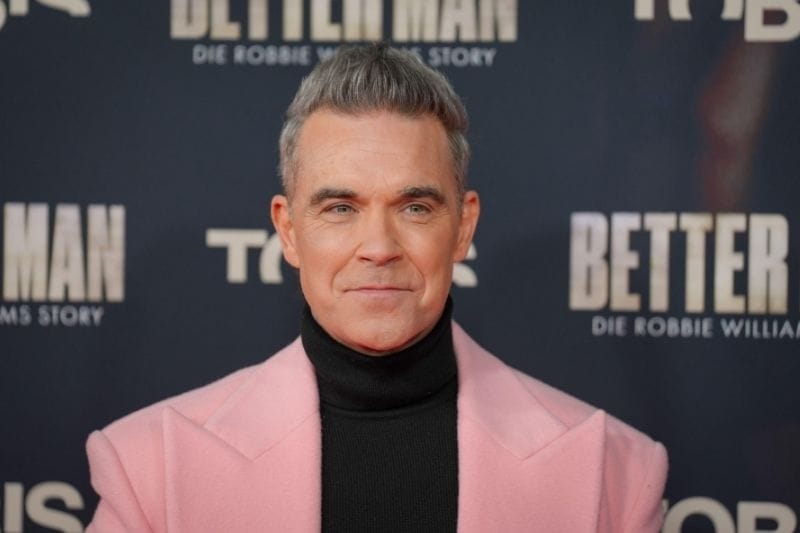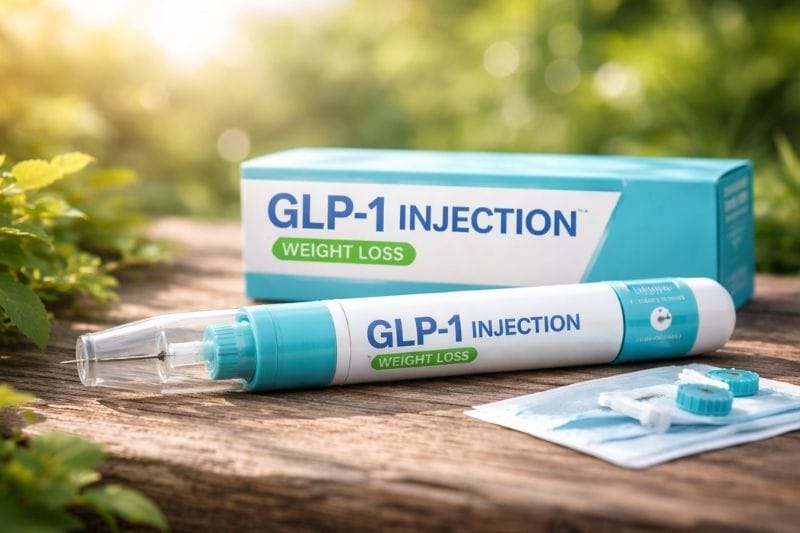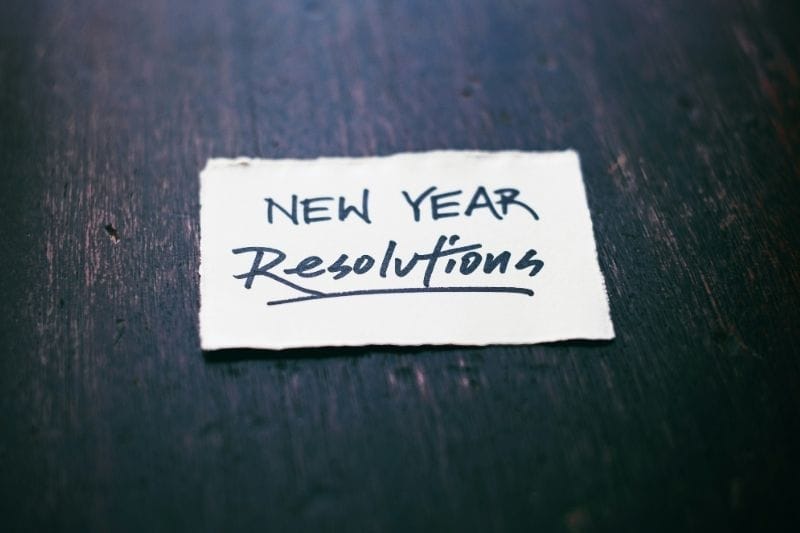Robbie Williams has spoken recently about changes in his eyesight while using a weight loss jab. Any time a well known person shares something like this it can spark a lot of conversation. Many people will now be wondering whether these injections are safe, who should actually be using them, and whether eyesight problems are something the average person needs to worry about.
It has also raised a simple question that many people do not think about until stories like this appear. How large do you actually need to be to get GLP-1 in the UK? Robbie has said he started at around thirteen stone thirteen while using the injection, which puts him at a weight where most people would not normally be eligible for this kind of prescription through a regulated route.
How heavy do you need to be to get GLP-1 in the UK?
There are two different routes in the UK. One is through a private clinic and the other is through the NHS. They do not use the same rules.
Most regulated private prescribers and clinics will only prescribe GLP-1 from a BMI of 30 or above, or a BMI of 27 or above where there is a significant weight-related health condition present. These medicines are not meant for people who just want to lose a small amount of weight.
The NHS criteria is much stricter. Access is often through specialist weight management services for people with a BMI of 35 or above, or a BMI of 30 to 34.9, provided they also have at least one weight-related comorbidity (such as type 2 diabetes or hypertension).
To put this into context, Robbie Williams is around five foot eleven and a half. At thirteen stone thirteen his BMI would be around 26.8 which means he would not meet NHS criteria and he would not meet the criteria used by many of the reputable private clinics in the UK.
Why celebrity stories create confusion
When a well known figure uses a medical treatment that is designed for people with clear health risks it can make the public think these injections are available to anyone who wants to lose a bit of weight. It also blurs the line between appropriate use and casual use. When side effects are mentioned it may make a lot of people nervous even though the situation may not reflect the everyday experience of people who meet proper medical criteria.
Is losing your sight a genuine risk?
There is early research looking at a possible link between GLP-1 medicines and certain rare problems that affect the optic nerve. These cases appear to be very uncommon. Researchers are still trying to understand whether GLP-1 directly causes the issue or whether it is connected to something else in the person’s overall health.
The important thing to remember is that eyesight changes are always a reason to speak to a doctor. Even though the risk appears to be low any sudden change should be checked as soon as possible.
Side effects people notice most
Most people who use GLP-1 report much more common side effects such as:
- Nausea
- Digestive upset
- Low appetite
- Constipation or loose stools
- Feeling more tired
- Changes in taste
Many of these settle with time or with a change in dose which is why medical supervision matters.
The responsibility piece
GLP-1 medicines are not a casual quick fix for weight loss. They are prescription only treatments that affect appetite, digestion and how the body manages food. They should only be used with proper medical oversight.
I am not saying that Robbie Williams got his injections from an unregulated source. He lives abroad and the rules may be different. He may also have a medical condition that we don’t know about. However, if you are not eligible in the UK you should be very cautious of any clinic that is willing to ignore clinical guidelines. If a clinic is happy to break the rules to give you something you are not medically eligible for, what does that say about the rest of their practice.
Getting GLP-1 from unregulated providers or through unsafe channels increases the risk of side effects and makes it harder to get proper medical support if something goes wrong.
What to do if someone notices eyesight changes
If you ever notice a change in your eyesight while using a GLP-1 medicine it is important to contact your GP or the clinician who prescribed it. Vision should never be ignored. Do not change your dose without medical advice.
So what does all this mean for you?
Robbie Williams sharing his experience may make people pause and wonder what they should believe. The truth is that most people in the UK are not medically eligible for GLP-1 injections and those who are should be closely supported by a healthcare professional due to possible side effects, such as eye sight issues.
If you are concerned using weight loss jabs and decide to not get prescribed them, there are many safe and sustainable ways to make progress without needing an injection. I am not saying you shouldn’t use them – I work both with people are prescribed weight loss jabs and those who are not. But, working with a coach, improving your habits, understanding your triggers, building better nutrition and moving more are all powerful alternatives. These are the same habits someone should build even if they are on GLP-1 so they can eventually come off it with confidence.
If you want support that focuses on real life change, my weight loss coaching can help you build the structure and confidence to lose weight in a steady and sustainable way.




